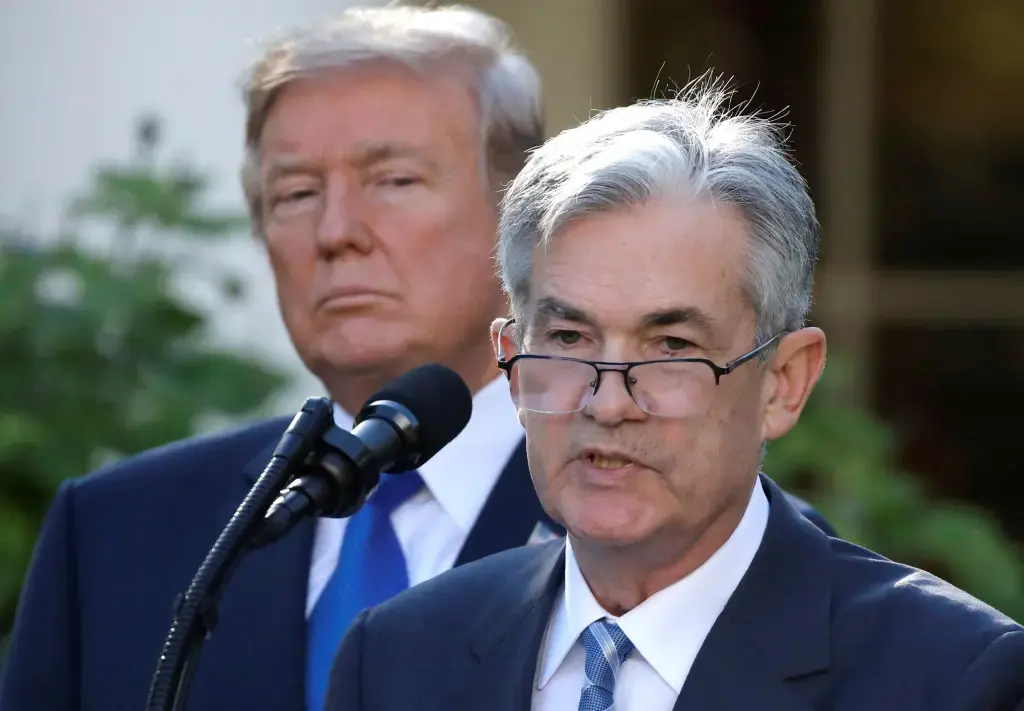Saudi Arabia's petro-dollar exit: A global finance paradigm shift

The financial world is bracing for a significant upheaval following Saudi Arabia's decision not to renew its 50-year petro-dollar deal with the United States, which expired on Sunday, 9 June, 2024.
The lapsed security agreement - signed by the United States and Saudi Arabia on 8 June 1974 - establishes two joint commissions, one on economic co-operation and the other on Saudi Arabia's military needs, and was said to have heralded an era of increasingly close co-operation between the two countries.
American officials at the time expressed optimism that the deal would motivate Saudi Arabia to ramp up its oil production. They also envisioned it as a blueprint for fostering economic collaboration between Washington and other Arab countries.
The crucial decision to not renew the contract enables Saudi Arabia to sell oil and other goods in multiple currencies, including the Chinese RMB, Euros, Yen, and Yuan, instead of exclusively in US dollars. Additionally, the potential use of digital currencies like Bitcoin may also be considered.
This latest development signifies a major shift away from the petrodollar system established in 1972, when the US decoupled its currency from gold, and is anticipated to hasten the global shift away from the US dollar.




